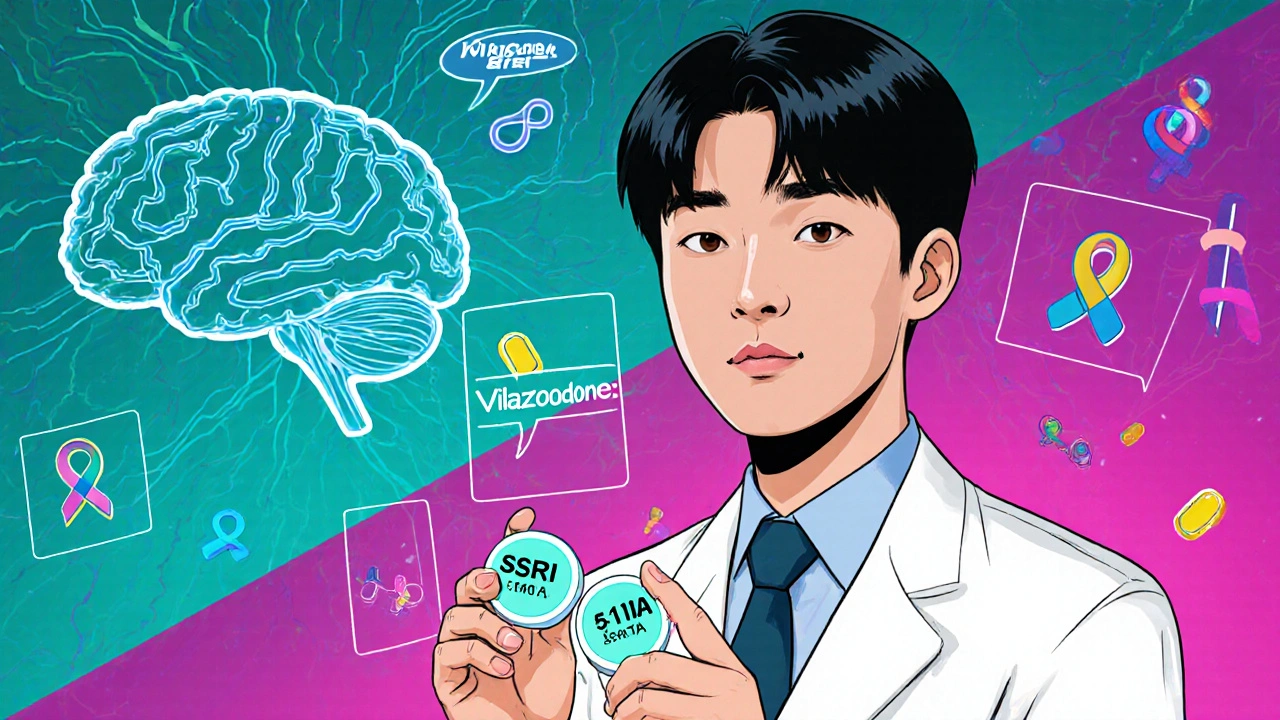When someone has Obsessive-Compulsive Disorder, a mental health condition marked by unwanted, recurring thoughts and repetitive behaviors. Also known as OCD, it’s not just about being tidy—it’s about being trapped in cycles of fear and ritual that feel impossible to stop. People with OCD don’t choose these thoughts or actions. They’re driven by intense anxiety, and the only way to feel temporary relief is to perform a compulsion—washing hands, checking locks, counting steps, or mentally reviewing events over and over. This isn’t a quirk. It’s a neurological loop that rewires daily life.
That’s why treatment isn’t optional. SSRIs, a class of antidepressants that increase serotonin in the brain. Also known as selective serotonin reuptake inhibitors, they’re the first-line medication for OCD. Drugs like fluoxetine, sertraline, and escitalopram don’t just lift mood—they quiet the brain’s alarm system. For many, it takes weeks to notice a difference, and doses are often higher than for depression. Then there’s cognitive behavioral therapy, a structured, evidence-based approach that teaches you to face fears without performing compulsions. Also known as CBT, and specifically Exposure and Response Prevention (ERP), it’s the most effective non-drug treatment. Studies show it works as well as medication for many, and when combined, the results are stronger. You don’t need to be perfect at ERP—you just need to show up, even when it’s terrifying.
What’s missing from most conversations? The fact that OCD often shows up with other conditions—depression, anxiety disorders, tic disorders, even eating disorders. Treating OCD without addressing those co-occurring issues is like fixing one leak in a flooded basement. And while medication and therapy are the core, real progress happens in small, daily choices: skipping one handwash, delaying a check, letting a thought sit without analyzing it. It’s hard. It’s messy. But it works.
Below, you’ll find real comparisons of medications used for OCD, how they stack up against each other, and what alternatives people actually use when standard treatments don’t click. No theory. No fluff. Just what helps, what doesn’t, and why.

Explore how Vilazodone, an SSRI‑plus‑5‑HT1A agonist, may help treat OCD, its evidence, safety, and how it compares to standard meds.
View more